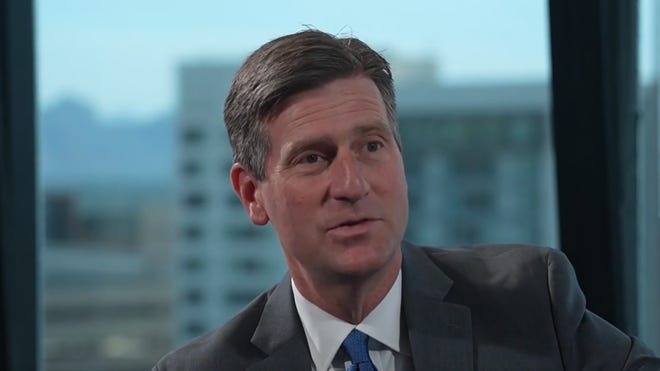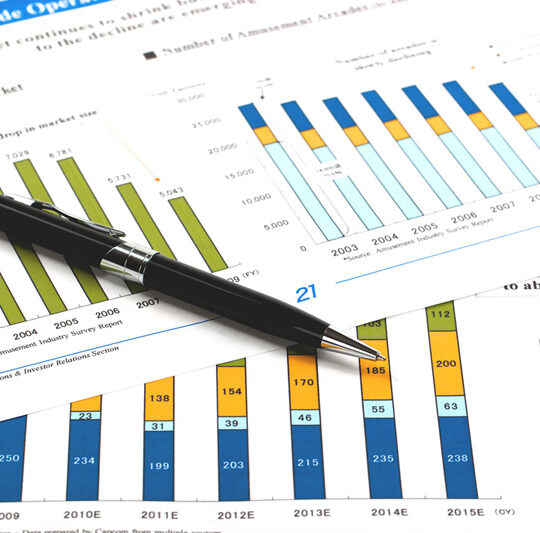
A meeting between a U.S. congressional delegation and current Mexican President Andrés Manuel López Obrador and President-elect Claudia Sheinbaum in Mexico City last week centered on strengthening ties between Arizona and Mexico before the presidential transition in the country.
Sen. Mark Kelly and Rep. Greg Stanton, both Arizona Democrats, were part of a bipartisan, bicameral delegation from Congress that discussed migration, water issues and nearshoring, specifically the relocation of commercial operations from the U.S. to Mexico.
Stanton said it was the highest-level delegation to visit Mexico City since Sheinbaum won election and likely would be the highest-level delegation to visit before her inauguration in early October.
add a comment













